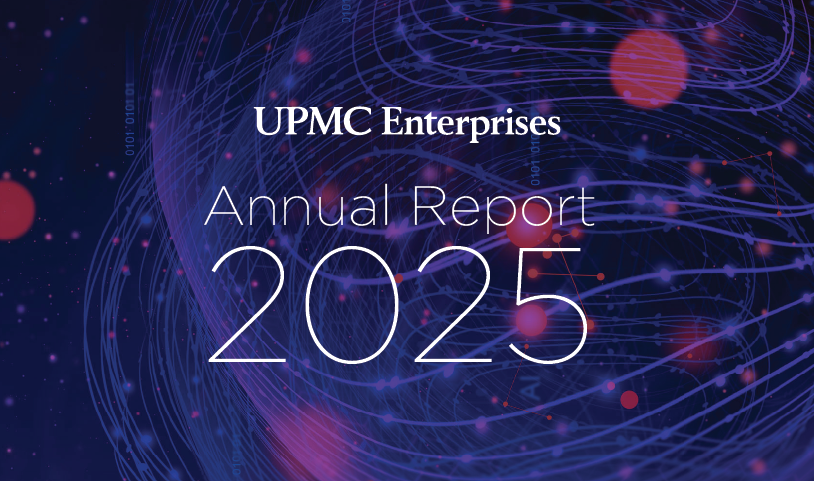Astrata is a digital health care quality company focused on NLP and advanced analytics in value-based care
Astrata was formed as a result of a collaboration between UPMC Enterprises, UPMC Health Plan, and Wolff Center of UPMC. The teams worked to create a new transformative technology that measures health care quality by automatically reading and analyzing clinical notes to determine whether the health care we provide our patients has met the standard of care as defined in national standards such as Healthcare Effectiveness Data and Information (HEDIS), Merit-based Incentive Payment System (MIPS), and Hospital Outpatient Quality Reporting (HOQR).
As the health insurance industry shifts to data-driven quality measurement, health systems are aligning around value-based care, allowing quality programs have top-down effect to improve health of populations as a whole. Astrata and its team of data scientists developed cloud-based NLP and other analytics technologies that allow health insurers to more efficiently analyze both structured and unstructured claims data, generating insights that more accurately measure quality of care and population health. Both government and private health care payors increasingly tie provider compensation to such measures.
In 2020, Astrata was selected by the National Committee for Quality Assurance (NCQA) for an exclusive working group of technology professionals assembled to explore how NLP can be used in quality measurement and reporting.
In addition to improving efficiency in HEDIS operations, Astrata is currently piloting a real-time NLP monitoring platform with UPMC Health Plan, focusing first on a HEDIS measure that identifies older women with a bone fracture who have not yet received appropriate imaging and intervention for osteoporosis. Identifying candidates for screening is often delayed by months because it relies on claims-based data. Astrata’s tools use NLP to read provider notes and identify members in need of intervention within hours of the fracture occurring.
Initial findings from the pilot, which began prior to the COVID-19 pandemic, show UPMC Health Plan members signing up for screenings at higher rates after the implementation of Astrata’s technology, presumably because a UPMC Health Plan representative was able to contact them more quickly.
“Traditionally, health insurers use billing and claims information to evaluate health care quality against HEDIS measures. A wealth of additional information is available in medical charts, but the process to extract it is labor-intensive, expensive and unscalable to entire populations,” said Rebecca Jacobson, MD, MS, president of Astrata. “Astrata’s technology serves as a catalyst for the transition our industry is currently experiencing, ultimately aiming to help health care payors and providers use all the data at their disposal to improve the health of the population as a whole.”
Learn more about Astrata on their website.
Read the full press release announcing the launch of Astrata.


